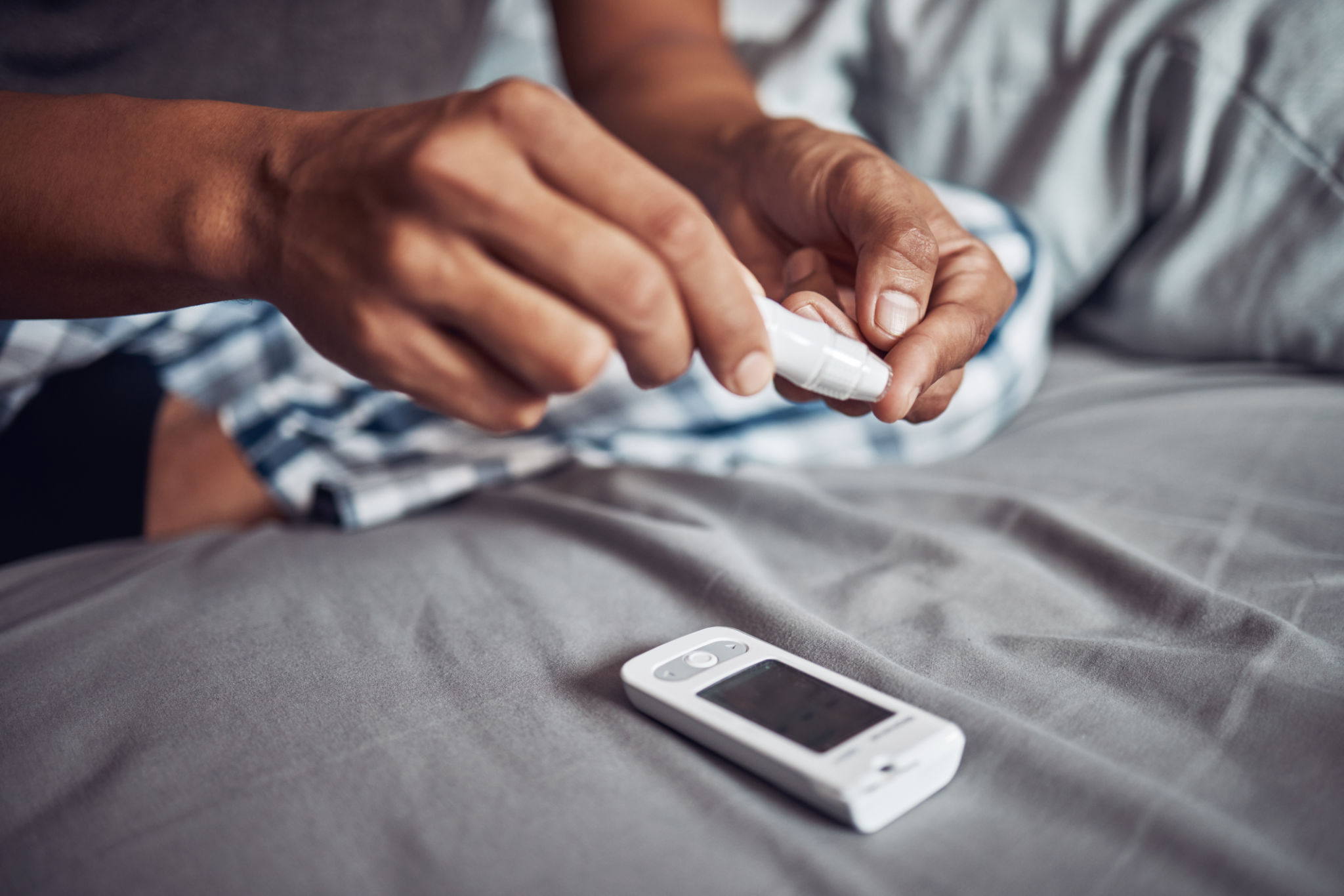Expert Tips for Monitoring Blood Sugar Levels During Summer
Understanding the Impact of Summer on Blood Sugar Levels
As temperatures rise during the summer months, it's crucial to be aware of how heat can affect your blood sugar levels. The combination of higher temperatures and increased physical activity can lead to fluctuations in glucose levels, which may require adjustments in your management strategy. Understanding these changes is essential for maintaining balanced blood sugar.
During hot weather, several factors can influence glucose levels, including dehydration, altered insulin absorption, and changes in routine. Being proactive about monitoring and managing these changes is key to staying healthy and enjoying the season.

Stay Hydrated
One of the most important tips for managing blood sugar during the summer is to stay well-hydrated. Dehydration can lead to higher blood sugar levels, as it causes the body to release stress hormones that raise glucose levels. Ensure that you drink plenty of water throughout the day, especially if you are spending extended periods outdoors.
It's advisable to carry a water bottle with you at all times and take regular sips, even if you don't feel thirsty. Additionally, avoid sugary drinks, which can cause spikes in your blood sugar levels. Opt for water or unsweetened beverages to keep yourself hydrated and your blood sugar stable.
Monitor Your Blood Sugar More Frequently
With the potential for greater fluctuations in blood sugar during the summer, it's wise to monitor your levels more frequently than usual. This allows you to make timely adjustments to your diet, activity level, or medication as needed. Consider setting reminders on your phone to check your blood sugar at regular intervals throughout the day.
Keeping a record of your readings can help you identify patterns and make informed decisions about your management plan. Discuss any unusual patterns or concerns with your healthcare provider to ensure you're on the right track.

Adjust Your Physical Activity
Summer often brings more opportunities for outdoor activities, which can have a positive impact on blood sugar control. However, it's essential to balance exercise with rest and hydration. Plan your workouts during cooler parts of the day, such as early morning or late evening, to avoid overheating.
- Wear lightweight, breathable clothing.
- Use sunscreen to protect your skin.
- Consider indoor activities when it's too hot outside.
Remember that exercise affects blood sugar levels, so keep snacks or glucose tablets handy in case of hypoglycemia. Adjusting your insulin or medication may also be necessary based on your activity level.

Be Prepared for Changes in Routine
Summer often means travel, vacations, and changes in daily routine. These can all impact blood sugar management. Plan ahead by packing extra supplies such as insulin, testing strips, and snacks. Familiarize yourself with local healthcare facilities in case of an emergency.
If you're dining out or trying new foods while traveling, be mindful of portion sizes and carbohydrate content. It’s helpful to have a basic understanding of the nutritional information of unfamiliar foods to maintain control over your blood sugar levels.
Consult Your Healthcare Provider
If you're finding it challenging to manage your blood sugar during the summer months, don't hesitate to reach out to your healthcare provider. They can offer personalized advice and adjust your management plan as needed to accommodate seasonal changes.
Your provider can also help you understand how different medications might be affected by heat and provide guidance on any necessary adjustments. Regular check-ins ensure that you maintain optimal health and enjoy a safe and active summer.